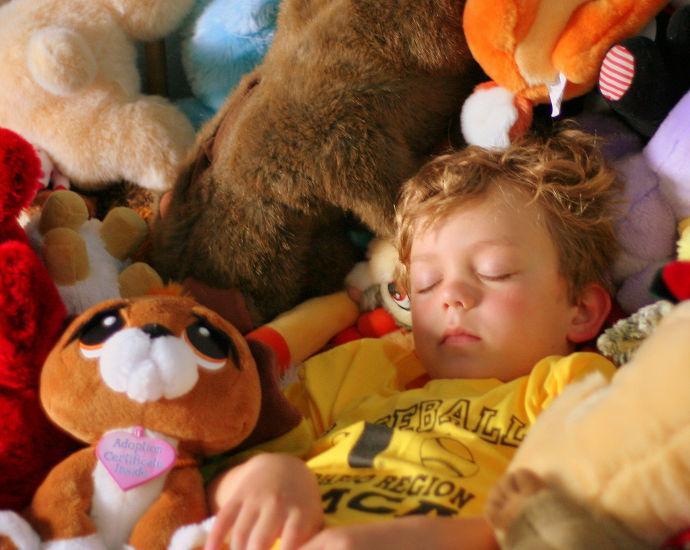 Naps and dreams help consolidate newly-acquired memories during sleep
Naps and dreams help consolidate newly-acquired memories during sleepEnlarge picture
Scientists from the Harvard Medical Schools propose in a new investigation that napping after learning new information may help consolidate the recently-acquired data to memory. They add that the correlation appears to be even clearer in the case of people who dream about what they've just learned while sleeping. In a series of experiments, they demonstrated that not sleeping or dreaming made people fare worse at remembering tasks or knowledge they had just acquired hours before.
In the study, participants were asked to memorize the layout of a three-dimensional (3D) maze. Then, some of them were encouraged to take a short nap, while others were prevented from doing so. The people in the group that slept were considerably more apt at finding their way through the maze hours later, whereas those in the group that remained awake had more difficulties in doing so. The subgroup that fared best was the one consisting of people that both slept and dreamed about the maze, the BBC News reports.
“The dreams might reflect the brain's attempt to find associations for the memories that could make them more useful in the future,” explains HMS expert Dr. Robert Stickgold, who is one of the authors of the new investigation. The team believes that some unconscious parts of the brain may be hard at work during sleep, and especially when people dream. These mechanisms, that remain hidden from conscious control, may be processing the data we collected before going to bed, trying to sort it out and make sense of it.
“Every day we are gathering and encountering tremendous amounts of information and new experiences. It would seem that our dreams are asking the question, 'How do I use this information to inform my life'?” says Dr. Erin Wamsley, also from Harvard. She is the coauthor of the study, details of which appear in the latest issue of the esteemed scientific publication Cell Biology. The scientist states the research appears to suggest that the unconscious parts of our mind are basically working harder to process the things it deems to be most important while we sleep.
No comments:
Post a Comment